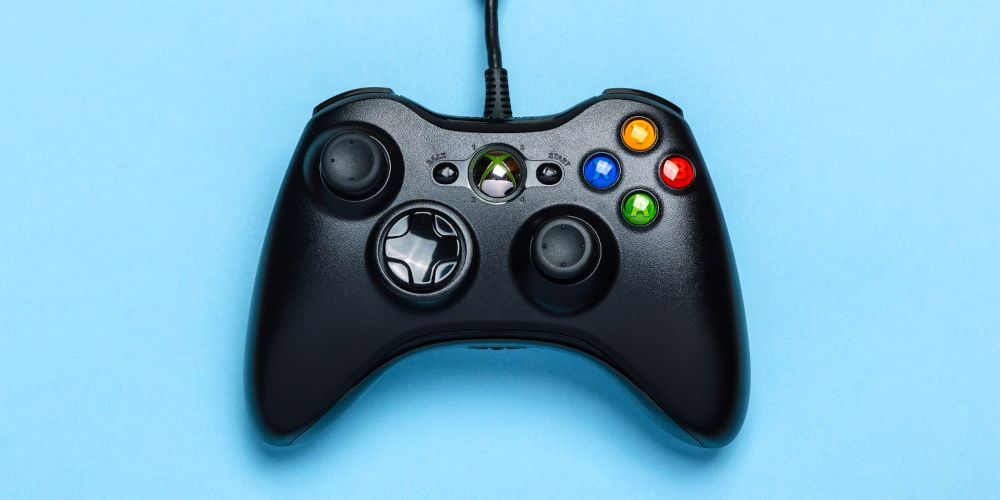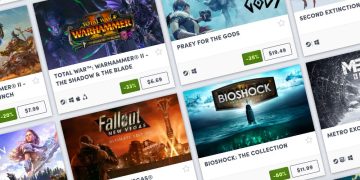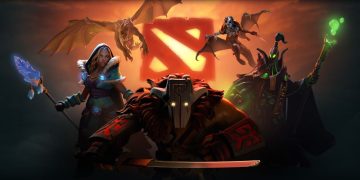I'm generally not a patient person, but the philosophy of "patient gaming" is one I strive to live by. The benefits are real, and it's actually not as hard or inconvenient as it sounds. Definitely worth it!
What Is Patient Gaming?
The term "patient gaming" comes from the r/patientgamers community on Reddit:
A patient gamer is anyone who waits until at least six months after the release of a game to play it.
Some people take it to the extreme, waiting anywhere from a year to a decade before touching a game.
Others aren't so willing to wait so long, instead choosing to only wait three months—or even one month—before a game becomes "okay to play."
And then there are some who say that anyone who abstains from preordering video games is basically a patient gamer. Not an unfair assessment, given the current gaming landscape!
In short, patient gaming just means waiting a while before you go ahead and actually buy a newly released video game.
To me, it doesn't matter how long you wait—that's a personal decision—as long as you intentionally make a choice to wait.
But what's the point? Is it just an exercise in discipline and impulse control? No, it's way more practical than that. There are several reasons to become a patient gamer, especially this year.
1. Avoid Deceptive Hype and Marketing

The biggest reason to be a patient gamer is to protect yourself against an industry that, on the whole, cares more about draining your wallet than respecting you as a consumer.
Remember the launch of No Man's Sky? That was a prime example of a deceptively overhyped product.
Players were promised a procedurally-generated universe with "18.6 quintillion unique planets" but were given a product that didn't live up to the spirit of its marketing hype.
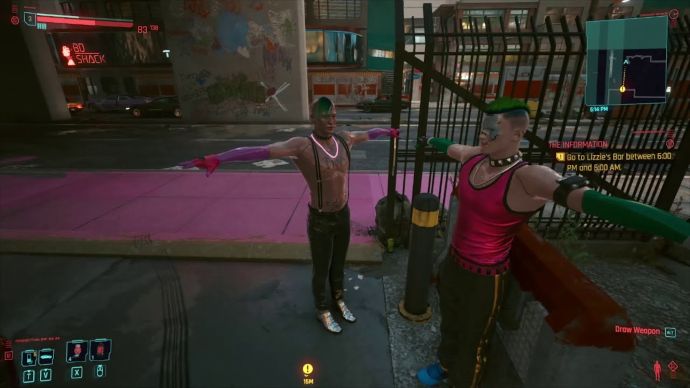
Or how about a video game that's a lot fresher in our minds: Cyberpunk 2077. The sheer atrocity of this game at release makes the launch of No Man's Sky look reasonable by comparison.
Not only did Cyberpunk 2077 release with hundreds of bugs—some only cosmetic while others gamebreaking—the more disappointing bit is how much content was missing.
For years, CD PROJEKT RED promised all kinds of innovations and advancements and gameplay mechanics. Looking back, it's plain to see how deceptively off-the-mark their trailers were.
Waiting also protects you against the perils of Early Access, where you might buy into the promise of a game that never happens. Or maybe that game morphs into something entirely different over the course of development.
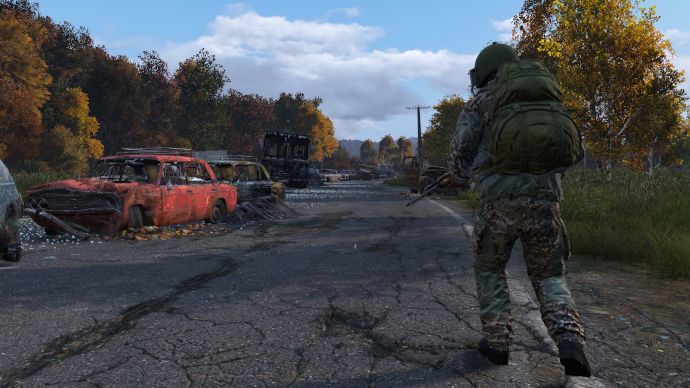
I've bought into my share of unfinished games that wouldn't refund my Early Access pay-in. Look no further than DayZ and Godus for striking examples of this.
Not to mention the problem of launch-day reviews.
Since most reviewers are pressured to publish as quickly as they can, many game reviews fail to fully represent the entirety of what a game offers—and can mislead you into buying games that are novel but without lasting appeal.
Waiting mitigates all of these risks. It usually takes a month or two for a game's honeymoon period to subside and for its deeper flaws to poke through. Only then are you better equipped to make a truly informed decision.
2. Wait Until Critical Issues Are Fixed

Even well-made games by reputable developers can suffer technical issues or design flaws that sneak by their QA teams. And it can be several months before those issues are addressed—if they're ever addressed at all.
Take Diablo 3's auction houses, which were problematic from the very beginning when it released in 2012. After much player outcry, Blizzard admitted they'd made a mistake (in 2013).
But it wasn't until 2014 that the auction houses were finally removed. If Blizzard had chosen to keep them in, today's happy Diablo 3 players might've been regret-filled ex-fans instead.

SimCity 2013 provides an even more cautionary example, with its massive launch-day server issues that prevented logging on.
Coupled with the much-hated requirement to always be online—even when playing alone—players were rightfully ticked off.
EA refused to refund the game and took more than a month to add a gimped offline mode that didn't really address player concerns.
Patient gamers can rest easy knowing that they regularly dodge these kinds of bullets. Patient gamers can wait until a game is truly ready to play, and then jump in without issues.
3. Play at Your Own Pace
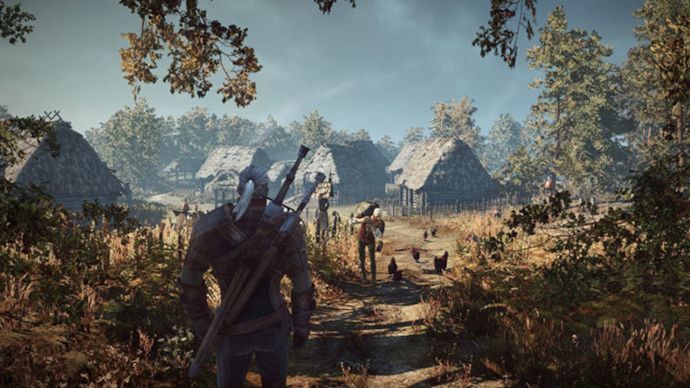
Jumping into a game at release can trigger a mental fuse.
As everyone dives in at the same time, you might feel compelled to race through the game and finish as quickly as you can. There's a subconscious drive to keep up with everyone else.
Sometimes that drive has valid reasons behind it, like not wanting to be spoiled and wanting to experience things organically. Sometimes the drive is more social, like wanting to understand memes that get posted to Reddit or keeping up with streaming communities.
But this pressure to play fast is non-existent when you're intentionally late to the party, as patient gamers often are. You're free to take your time and absorb everything as it happens rather than zooming through progress for this reason or that.
4. Get More Bang for Your Buck
Because most games drop in price over time, a game's price at launch is usually the most expensive it will ever be. (Some exceptions apply, such as Nintendo's first-party games.)
And unlike physical products, digital video games don't wear out over time. In fact, with patches, they tend to improve.
If you have good timing with sales and bundles, you can obtain hundreds of dollars worth of games at a fraction of retail price. But you can only take advantage of this if you're a patient gamer since games don't go on sale when they're brand spankin' new.
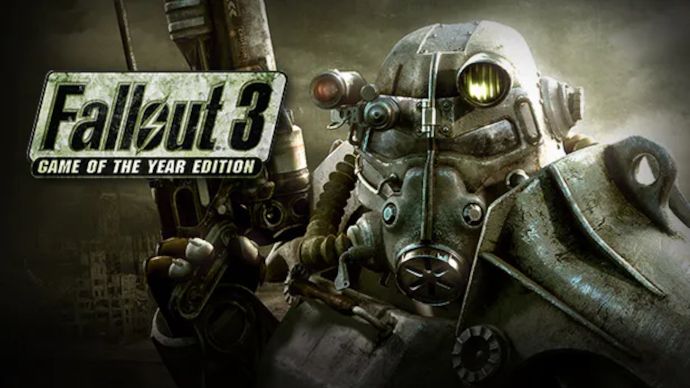
Patient gamers also come out ahead in DLCs.
Instead of buying the base game at full price, then each additional DLC at full price, you can wait for GOTY editions that combine the base game with DLCs at a massive discount. The savings add up over the years.
5. Escape the Hardware Treadmill
As someone who's never had a cutting-edge PC, I sometimes feel like I've been pushed into the patient gaming lifestyle out of necessity, not choice.
My aging computer can't handle modern video games, and I probably won't be able to play them until I'm able to buy another mid-line PC in a few years.
But I'm fine with that.
Patient gaming frees me from the pressure of upkeep. I don't feel compelled to sink money into new CPUs, new GPUs, and RGB cases—unless I really want to and can afford it.
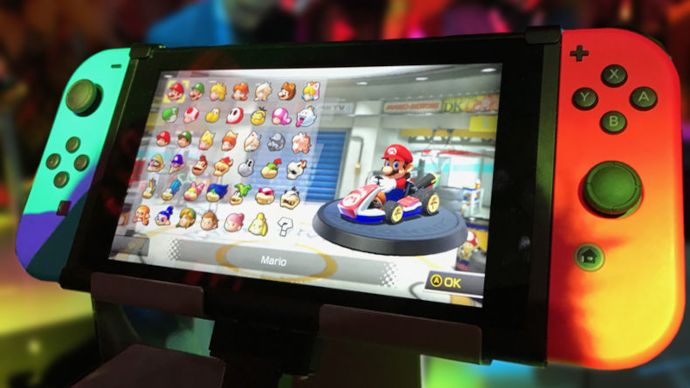
Just as game prices drop over time, hardware gets cheaper over time. If I'm always playing two-year-old games, I only need two-year-old hardware—and that's way cheaper than cutting-edge hardware. A huge win, isn't it?
All of this is true for console gaming, too.
The PS5 just came out, but if you haven't played most PS4 games yet, there's no need to rush into getting one. In fact, you can now get PS4s for cheap and enjoy all of those backlogged games!
The Downsides of Patient Gaming
You miss out on collective experiences.
Sometimes a game becomes so hyped that being able to play it when everyone else is playing it ends up being a kind of experience in itself—one that can't be replicated later.
It's like the difference between watching Lost as it aired versus bingeing the series on your own long after it's already over. Or watching the Superbowl as it's happening versus watching a recording of it the next day.
There's something special about doing things with others and partaking in a shared experience. It's human nature. Strictly speaking, patient gamers miss out on that.
Multiplayer games may die before you get to them.
Multiplayer games, especially competitive ones with matchmaking, throw a big fat wrench into the whole "patient gaming" idea.
Multiplayer games need to be played with other people, which means the ideal time to play such a game is when everyone else is playing it—and that's usually at launch.
If you wait a year, you might log on to find that everyone else has already moved on to something newer.
Of course, there are plenty of examples where multiplayer games grew in popularity over time. A patient gamer would be perfectly fine in those cases.
But for every League of Legends and Counter-Strike: Global Offensive, there are hundreds of games like Bloodline Champions or Star Wars Galaxies, which can't be played at all because they've been taken offline.
And even if a game survives, you'll be at a competitive disadvantage when you join because everyone else has more playtime than you.
Compatibility issues if you wait too long.
All code eventually becomes outdated. Software is always written with certain dependencies for specific platforms, and those dependencies and platforms can change.
Try playing the original Command and Conquer (not the remastered version) on a brand new PC. Even if you have the CDs, you likely won't be able to get it running.
Sometimes games are re-released for modern systems. Sometimes a workaround is made available. But those aren't guaranteed. Waiting too long can mean you miss out for good.
The Pros Outweigh the Cons?
Patient gaming isn't right for everyone.
If you're flush with cash, or if you need to play games at the same time as your friends, or if you don't care about being swindled by deceptive marketing, then patient gaming isn't for you.
But for most, patient gaming offers lots of benefits.
And semi-patient gaming is always an option too! You can choose to wait as a general rule of thumb, but when there's a hot new release you just can't resist, go for it!
It doesn't have to be all-or-nothing. Do what's best for you. It just so happens that waiting is usually the best thing to do.
